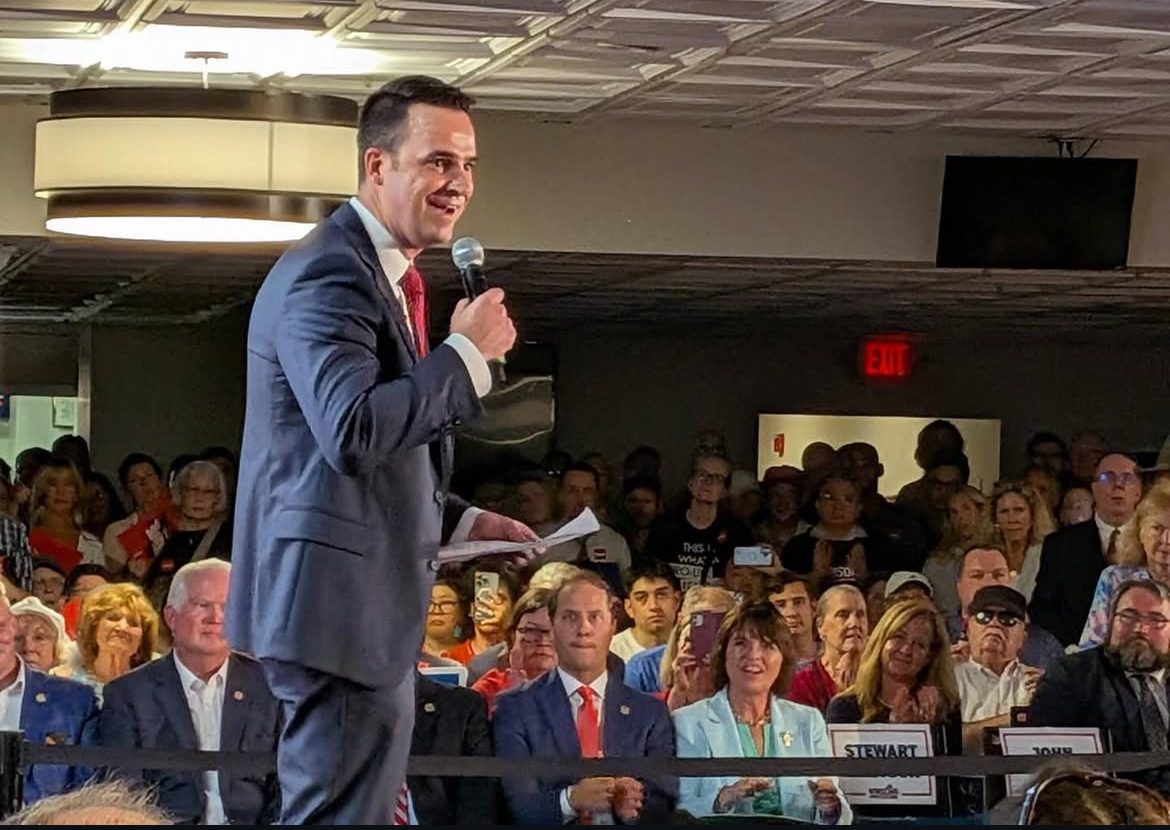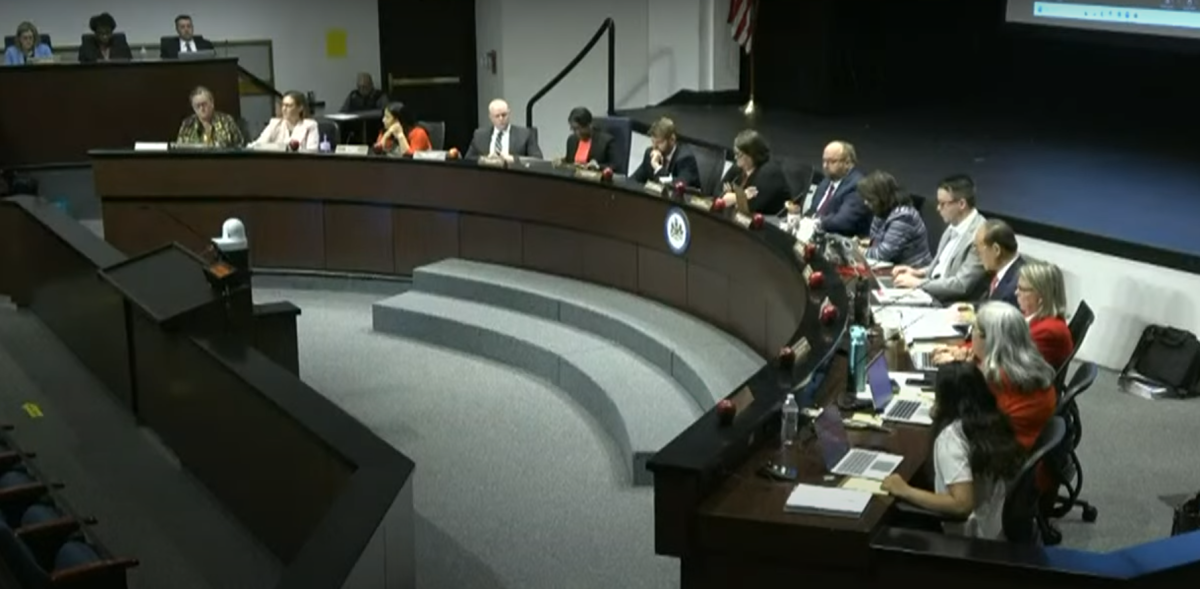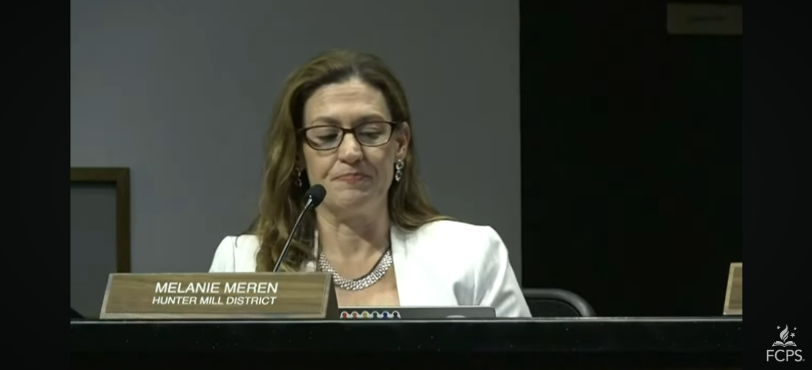
Bam! Curfews slammed down like iron gates as the clang of military boots filled the streets of Seoul, when President Yoon Suk Yeol declared martial law. Pushing beyond soldiers, angry people jam-packed the streets and chanted “Long live the Korean Republic!”
The order caught civilians by surprise because martial law is very rare in democratic countries. According to the U.S. Department of Justice, martial law is the temporary imposition of direct military control over civilian functions of government, such as democracy, typically during emergencies like war, civil unrest or natural disasters. However, after declaring martial law on Dec 3, at 10:30 p.m. KST, Yoon withdrew his order only six hours later due to the pressure of the National Assembly, enraging civilians as they considered this act a violation of their rights.
“Declaring martial law is completely anti-democratic and it exists in democracies as kind of like a ‘broken glass in case of an emergency’ kind of thing,” history teacher Matthew Stoner said. “Yoon’s declaration surprised me at first, but I really quickly remembered that [South Korea] had a history of authoritarianism not so long ago.”
In his announcement on Dec. 3, Yoon justified his order through theories of an existing threat of North Korean Communist forces in South Korea. According to the Center for Strategic & International Studies, however, Yoon also criticized the opposition-led National Assembly as a “legislative dictatorship” for reducing the government’s budget for the upcoming year.
“He stated some pretty benign political reasons,” Stoner said. “Although the conspiracy of the communist forces topped it off, I think there were definitely political things he wanted to control, like the big budget fight, in his reasoning.”
Because Yoon acted independently from the National Assembly, many members and civilians have called his order unconstitutional. While the government banned Yoon from leaving the country until further investigation, civilians, feeling betrayed, have lined the streets of South Korea, protesting and resisting martial law.
“With corruption this absurd, mockery is inevitable,” junior Julie Kim said. “Even though I am not in Korea, seeing footage of helicopters patrolling the night sky and military vehicles on the streets, this situation makes me mad, as I feel an extended concern for my relatives living in Korea.
Although the political unity was fragmented, social unity was found through the country’s chaotic turmoil. Packed together in streets throughout Korea, social media has shown people have turned protests into concerts by singing K-pop songs in unison and not backing down to military forces still stationed in the cities.
“It’s heartening to see kids within my generation, even across countries, making a difference,” Kim said. “It displays a great amount of power behind the unity of collective individuals who not only contributed in an impactful way, but through a hilarious, modern method.”
After countless days of protests and one failed impeachment attempt, the National Assembly impeached Yoon on Dec. 14, following the second impeachment motion. Prime Minister Han Duck-Soo assumed the role of Acting President, pending the Constitutional Court’s decision to remove Yoon from office completely.
“I believe that his impeachment is 100% deserved and I am excited to see the impeachment open up a new political chapter in Korea’s history,” junior Emily Kim, who has family in Korea and is not related to Julie Kim, said. “Although this wasn’t the best thing he has done, President Yoon’s martial law order will forever be a part of Korea’s political legacy.”








